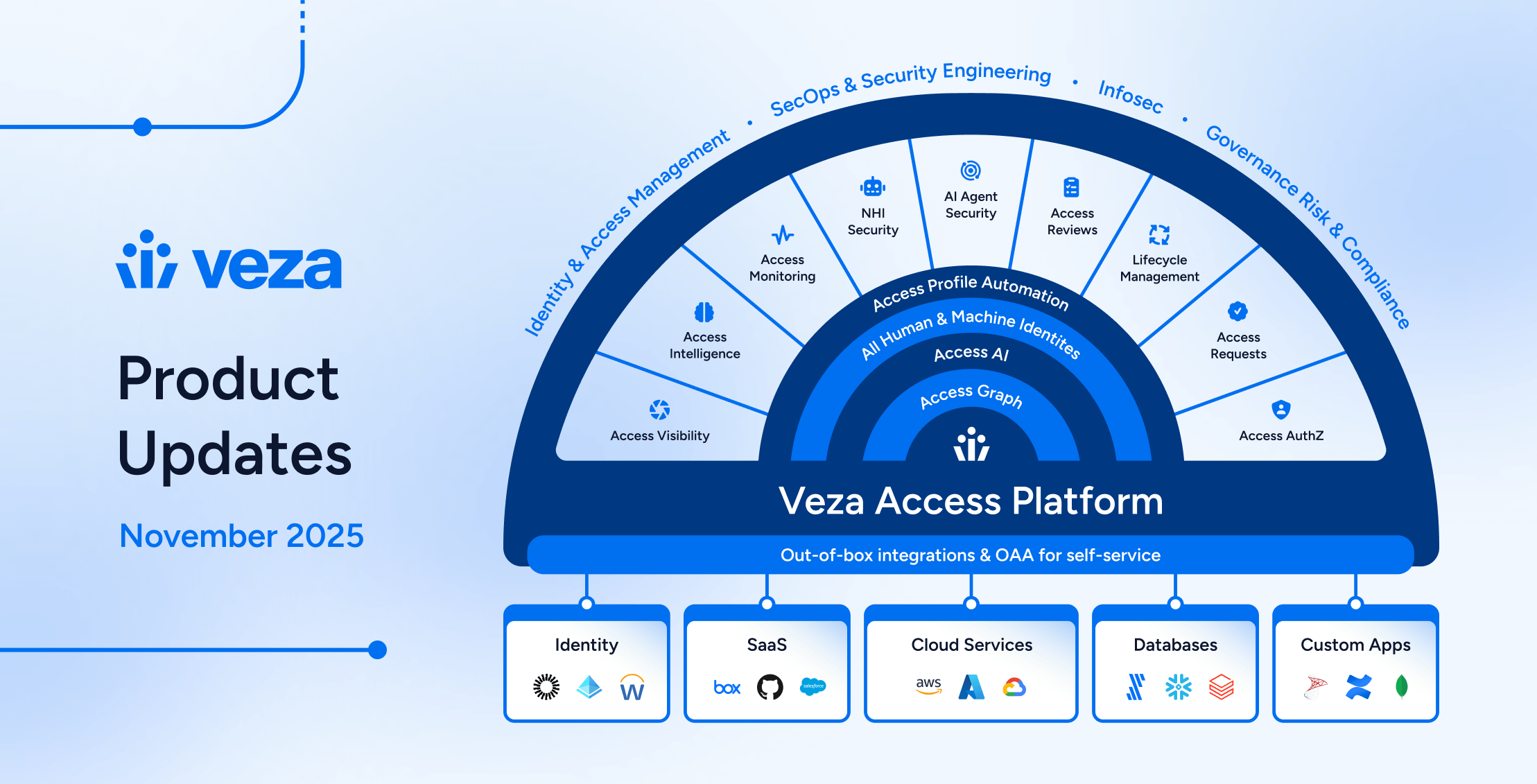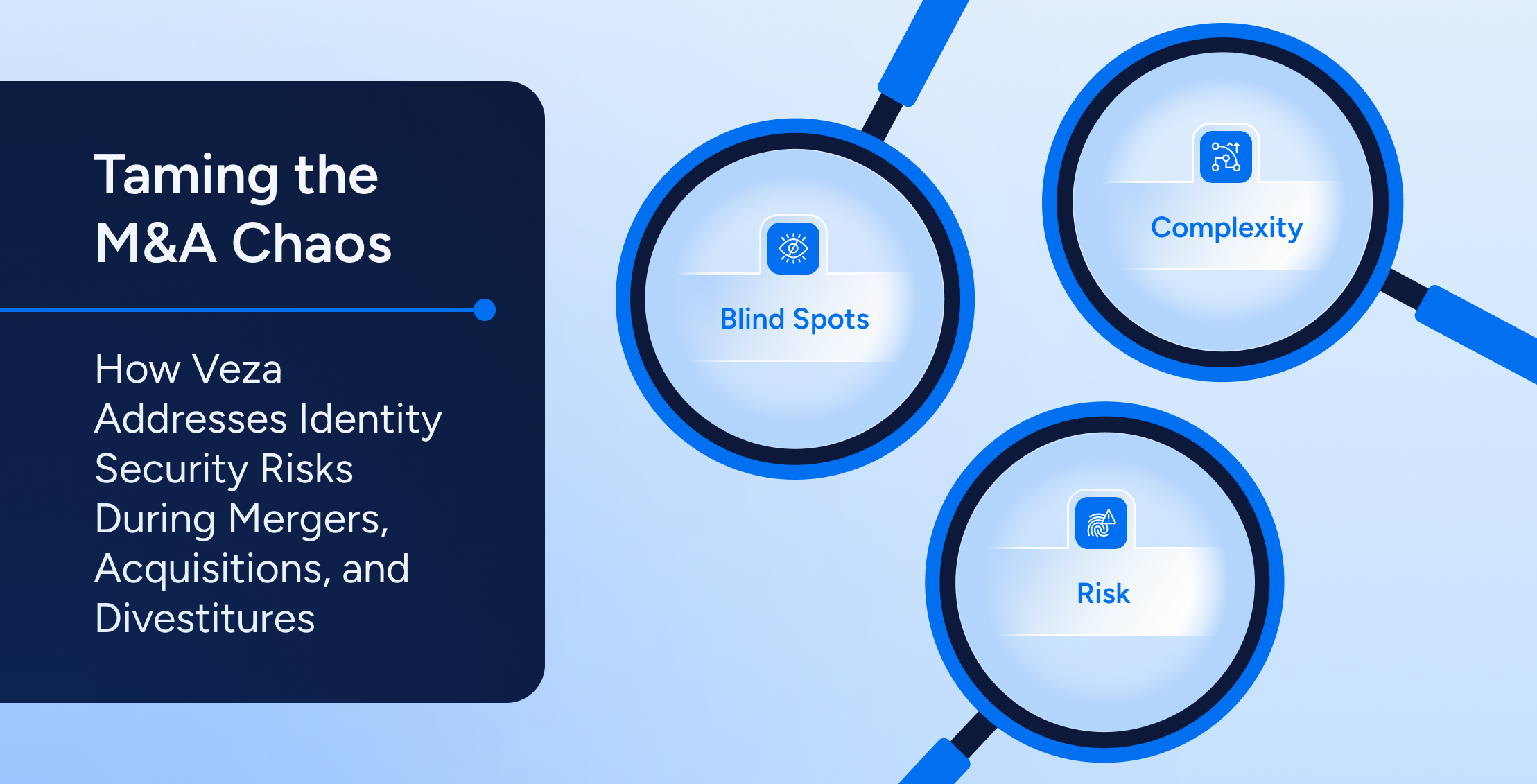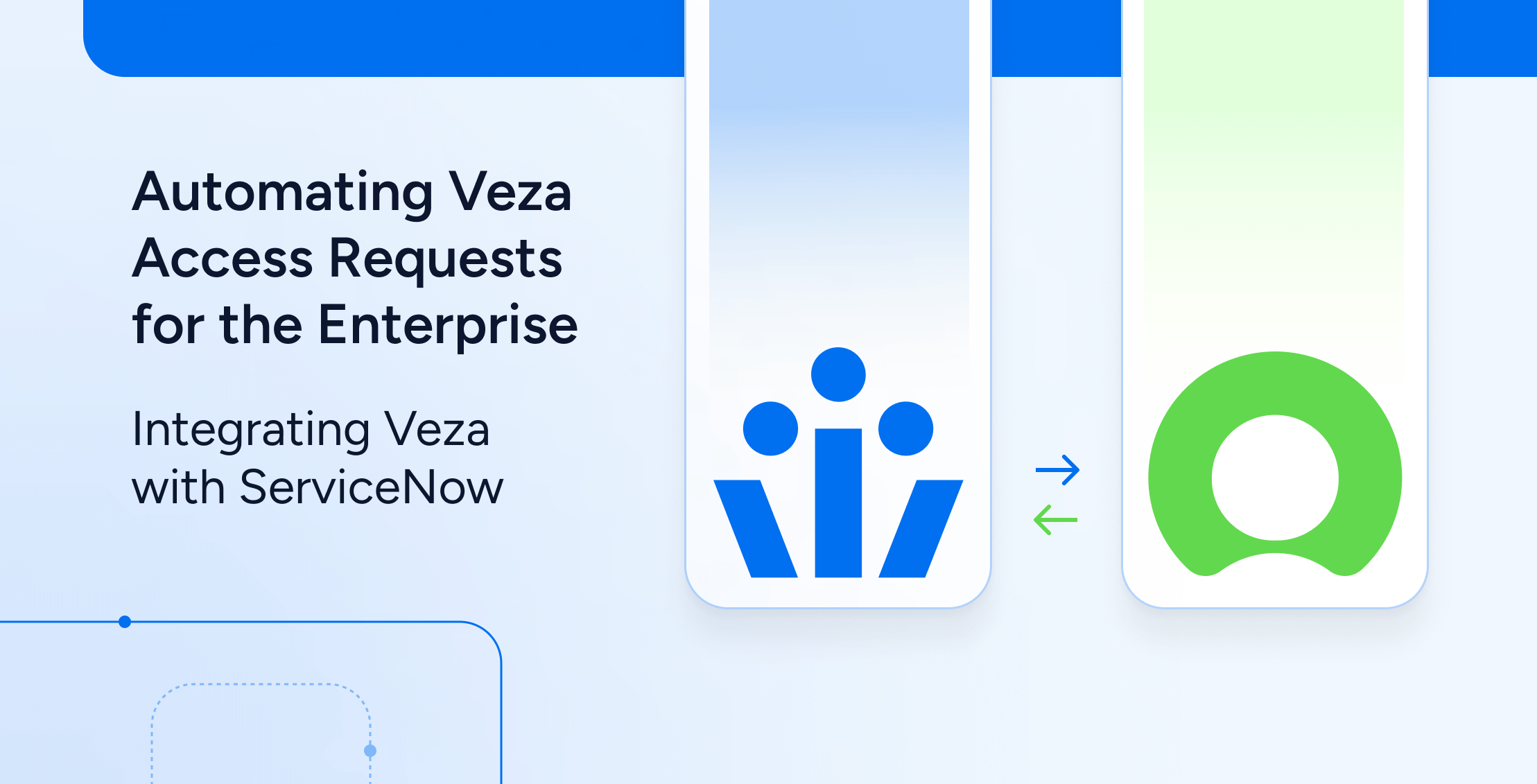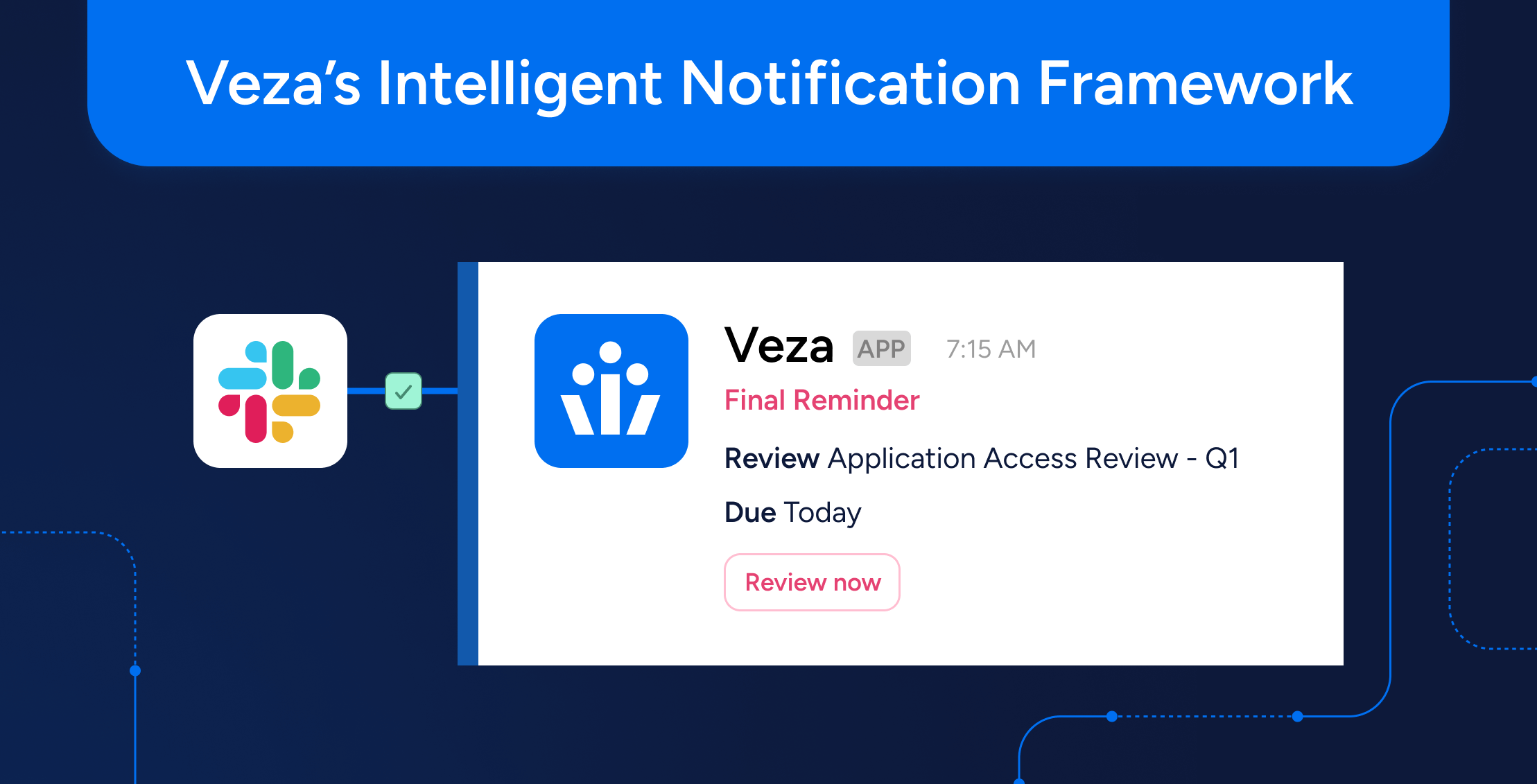
At an enterprise scale, each access review campaign can involve thousands of reviewers across tens or hundreds of applications. Keeping everyone on track without overwhelming or nagging them excessively is critical to ensure timely review completion and audit readiness. That’s where Veza’s notification framework for Access Reviews comes in.
Veza streamlines the user access review experience through intelligent, multi-channel notifications to help keep reviewers informed, ensure managers of reviewers are accountable, and operators maintain oversight over the entire campaign all while minimizing alert fatigue.
Why Notifications Matter in Access Reviews
User access reviews (UARs) are a cornerstone of any identity governance program; verifying and recertifying that users have appropriate access to sensitive or in-scope applications, data, and infrastructure. Yet, one of the biggest challenges is ensuring reviewers actually complete their assigned tasks on time.
Without the right notification strategy:
- Reviewers may overlook pending reviews.
- Managers may miss deadlines.
- Operators might have to manually chase down reviewers (or their managers) for progress updates.
Veza’s notification and reminder system solves this by automating communication across the entire review lifecycle, ensuring every stakeholder knows what to do and by when.
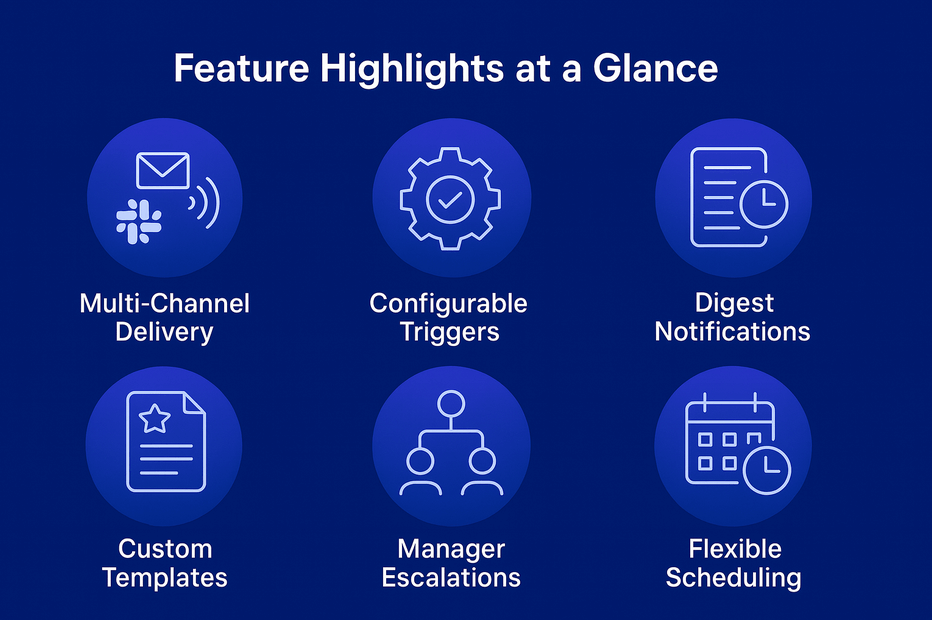
How Notifications Work in Veza
Notifications in Veza can be event-driven, activity-based or time-based messages sent to keep stakeholders, such as reviewers, reviewer’s managers, resource and applications owners, operations team, and others, informed of key actions and deadlines during a review campaign.
Each notification can be delivered through multiple channels, such as email, Slack, or webhook and can be customized for branding, content, recipient list, and timing preferences.
Notification Types
For an individual review, Veza provides three major notification categories
- Notifications (Event-based)
Triggered automatically when a significant event occurs, such as:- Review has started
- Reviewer has changed or been reassigned
- Review has completed
- Reminders (Activity- and Time-based)
Sent based on reviewer inactivity or an approaching due date. Examples include:- “3 days before due date”
- “No reviewer activity in the last 5 days”
- Final Reminders (Activity- and Time-based)
Used to escalate missed deadlines or inactivity, often sent to both the reviewer and their manager to ensure accountability.
Customizing Email-Based Notifications
Email remains one of the most effective and reliable channels for engaging reviewers, managers, and other stakeholders during a review campaign. Veza Access Reviews enhances traditional email notifications with rich customization options to ensure users stay informed and have context.
Email Notifications
Each notification is purpose-built to help reviewers take timely action. Whether it’s a review start alert, a reminder for inactivity, or a completion confirmation, every message includes:
- Direct links to the access review or task
- Contextual details such as review name, due date, completed by and more.
- Action-oriented guidance for quick response
Operators can tailor the experience to fit organizational needs:
- Configure who receives which emails, such as reviewers, managers, or additional recipients
- Customize reminder timing and frequency
- Personalize design and content through Notification Templates
Customization Highlights using Notification Templates:
Globally or per review, each notification event can be associated with a specific notification template. Notification templates define the content, personalization, and look and feel or notification and reminder messages dispatched from Veza Access Reviews. Specifically, notification templates can support:
- HTML & CSS: Ensures modern, branded layouts that reflect your organization’s identity.
- Dynamic placeholders: Allows insertion of contextual review metadata, such as the campaign name, due date, owner, or reviewer name.
- Template testing: Preview templates and send test notifications directly from the Veza console to verify appearance and placeholder values.
1. Alerts & Digest Notifications — Keeping Reviewers Informed Without Overload
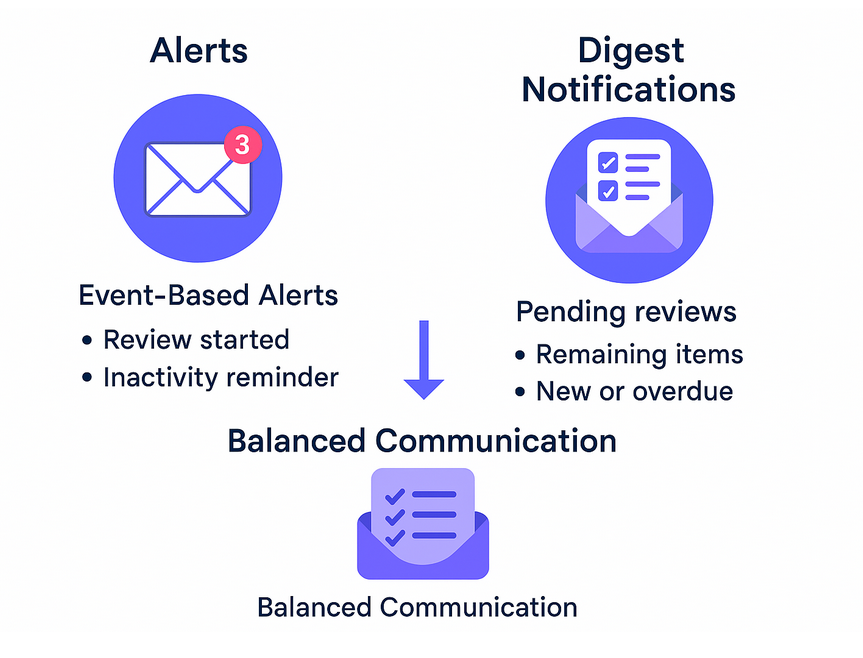
Digest Notifications: Preventing Notification Fatigue
While timely notifications are critical, sending too many can quickly overwhelm reviewers.
To address this, Veza offers Digest Notifications a consolidated, periodic summary that groups all pending review actions into a single, actionable email which is enabled by default.

This digest view gives reviewers a clear picture of their outstanding tasks without flooding their inboxes. It highlights:
- All assigned reviews still pending action
- The number of remaining items requiring attention
- Indicators for new or overdue reviews
Operators can control delivery to ensure the right balance between visibility and efficiency.
- Global enablement: Apply digest notifications across all access reviews
- Adjustable frequency: Choose to send digests, daily, or weekly, based on your review cadence
- Snooze days: Skip weekends to avoid unnecessary reminders
- Exclusions: Configure certain reviews to be excluded in the digest notifications; very useful for those reviews that you create for testing.
By delivering consolidated summaries at predictable intervals, Veza’s Digest Notifications minimize “notification fatigue” while keeping reviewers engaged and accountable ensuring that review progress never slips through the cracks.
Alerts
Operators can enable near-immediate reviewer alerts alongside periodic digest notifications to make sure reviewers get critical updates promptly without waiting for the next digest cycle. Like digest notifications, alerts may consolidate actions that a reviewer needs to take across many reviews.
When enabled, Veza sends near-real-time alerts (within 1 hour) to reviewers for:
- Newly created reviews where rows are assigned to that reviewer.
- Reassignments to that reviewer on any review—regardless of the review’s age—if the reassignment happened in the past hour.
The benefit of alerts is that they’re dispatched in very close proximity to the event – newly created review or a recent reassignment on an existing review – but all events within the last hour are consolidated into a single notification. This provides the immediacy of a review-level alert, but without overwhelming reviewers with an excessive number of notification messages.
When to use Alerts
Turn on Alerts when you have:
- Many high-priority reviews with tight deadlines meaning that reviewers need to be notified to take action with minimal delay.
- Scenarios where waiting for the digest notification could delay reviewer action (e.g. urgent terminations, privileged access validations, audit remediation windows).
How to enable Alerts
- Go to Access Reviews → Settings → Notifications.
- Toggle “Immediately notify reviewers about newly assigned reviews.”
2. Slack Notifications (Direct Messages via Veza Slackbot)
For organizations using Slack, Veza’s Slackbot brings access review notifications directly into reviewers’ Slack workspace.
Instead of checking emails, reviewers get direct messages (DMs) from the Veza Slackbot, such as when:
- A new review starts.
- A row is reassigned.
- A review nears its due date
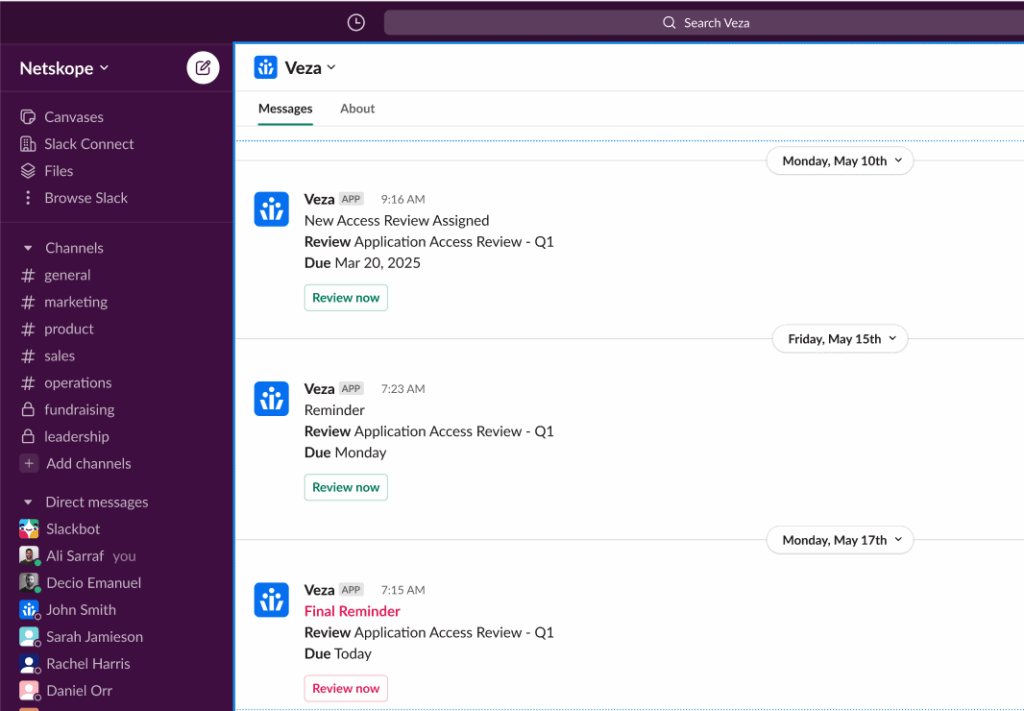
Both notifications and reminders can be directed to Slack users as DMs.
Note: Reviewers can receive both Slack and Email notifications simultaneously.
Pro Tip: Use Veza’s Slack app for personal, action-oriented updates and pair it with email or webhook-based notifications for broader team visibility.
3. Webhook-Based Notifications
Webhook-based notifications can enable automated processes when certain events occur, such as triggering a Slack notification to a shared channel or opening a service desk ticket with your ITSM system. These webhooks are configured as Veza Actions and can be triggered to fire when a specific Veza Access Reviews event occurs. Importantly, these webhooks contain a rich payload of relevant details related to the access review, including the row of access and triggering event.
A good example using webhooks is for broadcasting review updates to a shared Slack channel – ideal for compliance teams or program managers monitoring review progress.
Using webhook-based notifications, Access Reviews can post messages to shared Slack channels covering:
- Reviewer reassignments
- Row approval or rejections
- Review completion and more
Use Case Example
When a review is completed, a Slack channel (e.g., #access-review-updates) automatically can receive a summary post of the review completion event; providing transparency without requiring manual status checks.
Important: Each Slack channel can be configured to have its own unique webhook URL.
The webhooks generated by the Veza platform contain a JSON payload with details based on the review, including key metadata like review and row details, user info, actions, timestamps, and direct links to the Veza platform.
Challenge: How To Handle VIPs Who NEVER Want to Receive a Notification
Inevitably, in most organizations, there are VIPs (very important people) who are too important to be burdened with an access review or simply don’t care about doing their part to help their organization achieve least privilege. These VIPs do not want to be burdened with completing an access review – let alone simply never receiving any notification asking them to complete a review. We all know who these people are and this situation can be easily handled two different ways using Veza Access Reviews.
- These VIPs can be added onto the Reviewer Denylist. This makes it impossible to assign any line items in any review to the VIP. Since the VIP will never be assigned review responsibility, he or she will never get a notification from Access Reviews.
- A delegation relationship can be established between the VIP and a delegate review using the Reviewer Delegation List. When a delegation relationship is established, reviews originally assigned to the VIP get automatically delegated to designated to the individual on the delegation list. Typical delegates might be an administrative assistant or subordinate given responsibility to complete reviews originally assigned to the VIP.
Notification Customization and Management
Veza’s notification framework is designed for control and flexibility, empowering Operators to tailor communications to the organization’s standards and compliance needs.
| Customization Area | Description |
|---|---|
| Templates | Create branded HTML templates for different events (start, reminder, completion, etc.) |
| Placeholders | Dynamically insert metadata like reviewer name, workflow, or due date |
| Testing & Preview | Send test notifications before deployment |
| Frequency Controls | Define how often reminders and digests are sent |
| Channel Mix | Enable Email, Slack App, Webhook or a combination for full coverage |
| Exclusions | Exclude reviews from being included in digest notifications |
One More Way to Engage Reviewers – In-Application Pop-Ups
In addition to leveraging email, Slack, and other channels to dispatch notifications and reminders to reviewers and other review stakeholders, Veza Access Reviews also supports in-application notifications. This can include different customizable pop-up messages displayed to reviewers at the start of a review cycle or at the sign-off of decisions.
Although these pop-up messages are not dynamic notifications or reminders per se, they are very useful for several purposes:
- Confirming that reviewers understand and acknowledge their solemn responsibilities to complete their assigned reviews truthfully and completely
- Explaining the process of completing reviews, including the usage of Veza and any organization-specific guidance
- Providing details on how to get internal help or ask questions about their assigned reviews, if stuck
- Explanations of the roles and entitlements per application (which may be very specific, archaic, and non-self-explanatory depending on the application)
Putting It All Together: A Seamless Notification Experience
Here’s how it all works in a real-world scenario:
- Review Start → Email and Slack DMs inform assigned reviewers.
- [In-Application] Pop-up Instructions During First-Time Review Visit → Explains application-specific instructions for the reviews
- No Activity for 5 Days → Reminder email nudges reviewers to act.
- Regular Weekly Digest → Consolidated summary sent to all reviewers.
- Approaching Deadline → Final reminder escalates to the reviewer’s manager.
- [In-Application] Pop-up Notification On Sign-Off → Confirms reviewer attests that their decisions were accurate and complete
- Review Completed → Webhook-based notification highlighting that review completion has been reached posted to the compliance team’s shared Slack channel.
Every touchpoint reinforces accountability and ensures reviews stay on track without manual chasing.
Conclusion
Veza’s notification system goes beyond reminders; it’s an intelligent, multi-channel communication framework designed to enhance reviewer awareness of their responsibilities, improve their productivity and ensure audit readiness.
Whether your reviewers prefer email or in-app pop-ups, live in Slack, or need team-wide visibility through shared channels, Veza ensures that no one misses a deadline, no one is confused about expectations for performing their review, and every review reaches completion smoothly.
Stay connected. Stay compliant. Stay in control with Veza notifications for User Access Reviews.
Next Steps
Learn More
Multi-Level User Access Reviews — How second-level approvals improve decision quality and finish rates.
Go Deeper
The Era of Intelligent Access — A practitioner’s playbook for turning permissions into a managed control surface and improving auditability.
See it in Action
Request a demo — See notification templates, digest/alerts, Slack DMs, and webhook events driving real review completion.

